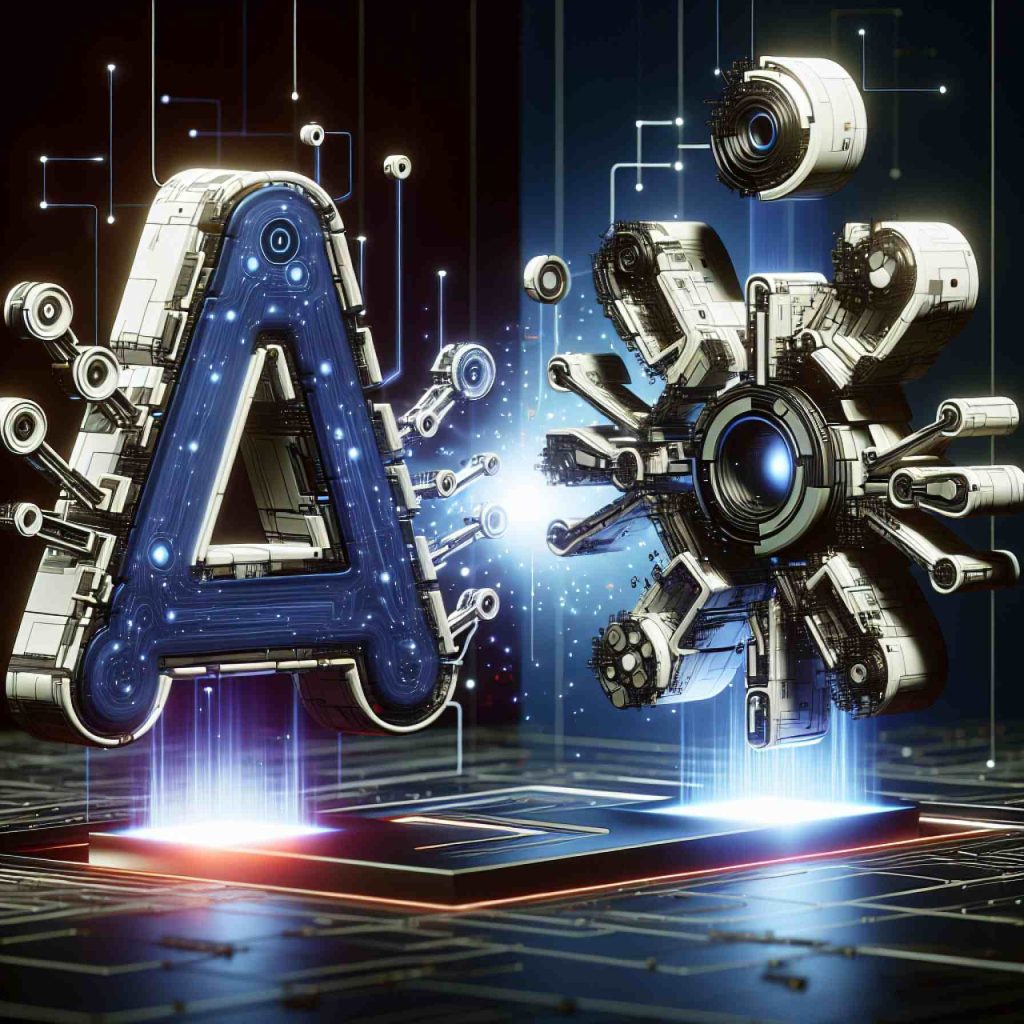
- A new era of conversational AI platforms, such as Grok and ChatGPT, is challenging Google’s dominance in the search engine market.
- Grok offers real-time insights from social media discussions, providing up-to-date information without ads or SEO constraints, and has significantly increased its user base.
- ChatGPT holds an 80.1% market share, suggesting the rising importance of AI assistants, which may handle a third of search queries by 2026.
- AI platforms enhance user experience by delivering direct, conversational responses, as shown by improved trip planning through AI.
- Despite AI’s advances, challenges like inaccuracies and biases persist, with instances of “hallucinations” in niche topics.
- Google is embracing AI integration, but its future remains uncertain amidst the AI revolution, while its extensive distribution networks remain a crucial asset.
- The evolution of search technology is ongoing and subject to user behavior and technological advancements, with no definitive winner yet.
A seismic shift is shaking the digital world, transforming the monotony of Google’s blue links into a riveting dialogue between user and machine. A new dawn of conversational AI platforms like Grok and ChatGPT is emerging, threatening to usurp Google’s longstanding supremacy. What was once a near-invincible monopoly now finds itself embroiled in a race against machines that outpace with real-time responses.
Imagine a world where information flows faster than the blink of an eye. This is the reality Grok introduces, drawing power from the vibrant discussions on X (formerly known as Twitter). Unlike Google, which laboriously crawls through mountains of historical data and takes days to update fresh content, Grok thrives on the immediate. It offers a peek into the global chatter, serving up-to-the-minute insights into trending topics without the clutter of ads or the constraints of SEO.
Propelled by innovations such as DeepSearch, Grok has seen its user base soar. A tidal wave of new users surged onto the platform, with daily web app visitors catapulting from a modest 189,000 to an impressive 900,000, thanks to a feature-rich update released in February 2025. Yet, even these figures pale when set against Google’s billions, highlighting the newcomer’s David versus Goliath challenge.
However, it’s not just Grok that’s riding the wave of change. ChatGPT dominates the market with an 80.1% share, leaving traditional engines scrambling to retain their footing. A recent study suggested that by 2026, AI assistants might handle nearly a third of search queries. The quest for AI supremacy is fierce, and the battleground is populated by numerous contenders.
The allure of these newfangled AI platforms lies in their user experience. Instead of scouring countless links for answers, users are provided direct responses in a conversational tone, reminiscent of a trusted advisor whispering secrets. It’s no wonder that a study from the Tepper School of Business found travelers planning trips with AI had a substantially better experience compared to those relying on traditional Google searches.
Behind the scenes, Google is not idly watching its crown slip. Integrating AI into its existing services like the AI Overviews feature represents a gamble—one that could alienate traditionalists while pleasing those advancing into the AI era. Google’s unmatched distribution networks remain a formidable asset, but the rapid rise of AI assistants puts its future in question.
Yet, those dazzled by Grok or ChatGPT’s potential should remember these platforms are still marred by inaccuracies and biases. The University of Washington unveiled that these AI wizards frequently fall victim to “hallucinations” or unreliable sourcing, especially with niche topics.
The future of search is not set in stone. It will be influenced by technology but sculpted by user habits. Though the allure of AI shines bright, drawing users into their warm-glow interfaces, Google’s shadow still looms large over the information landscape. The transformation may be inevitable, but the ultimate victor remains undecided in this unfolding narrative of technological evolution.
Are Conversational AI Platforms the Future of Search?
As digital landscapes rapidly evolve, the advent of conversational AI platforms is reshaping how we interact with information online. With the emergence of AI-driven platforms like Grok and ChatGPT, the age-old monopoly of Google is facing unprecedented challenges in delivering timely and relevant information. Here’s a deep dive into this transformative era and what it means for the future of search.
Conversational AI: A New Frontier
1. Real-Time Information Flow: Unlike traditional search engines that rely heavily on historical data, conversational AI platforms thrive on real-time data, often integrating with social media platforms like X (formerly Twitter) to provide instant access to the latest discussions and trends. This positions them as valuable tools in scenarios where up-to-the-minute data is critical.
2. User Experience Redefined: Users no longer have to sift through endless pages of search results. Instead, these AI platforms offer concise, conversational responses that mimic an interactive dialogue. This user-focused approach aligns more closely with human conversational patterns, making information retrieval more intuitive.
How-To Steps & Life Hacks
– Maximize AI Use: Leverage AI platforms for research by asking precise questions. Prompt the AI with specific queries to get focused and accurate responses, reducing time spent sifting through unnecessary information.
– Stay Updated: Use AI’s ability to connect with real-time platforms to track evolving news stories or industry trends swiftly. This can be particularly effective for financial market insights, tech advancements, or global events.
Market Forecasts & Industry Trends
– AI Dominance Predictions: A study predicts that by 2026, conversational AI will handle nearly a third of all search queries. This suggests a substantial shift towards AI-centric search experiences, influenced by their immediate response capabilities and user satisfaction rates.
– Adoption Rates: As demonstrated by Grok’s surge in users from 189,000 to 900,000 post feature updates, users are increasingly willing to transition from traditional search engines to AI platforms that promise speed and accuracy.
Reviews & Comparisons
– Grok vs. Google: Grok excels in providing real-time updates and trend analyses without ads, while Google remains unmatched in handling vast datasets due to its comprehensive indexing capabilities. Users seeking quick insights might prefer Grok, whereas those in need of deep-dives might still rely on Google.
Controversies & Limitations
– Accuracy of AI Responses: Despite their advantages, AI platforms can falter, often producing “hallucinations”—incorrect data or biases, especially in specialized fields. Users should cross-verify AI-generated information with trusted sources to ensure accuracy.
Insights & Predictions
– Hybrid Models: The future may witness a blend of traditional and AI-powered search methodologies, where AI enhancements complement existing search engine structure, providing a balanced approach to data retrieval.
– Evolving User Habits: As users adapt to these conversational platforms, we could see a significant reduction in traditional search behavior, accelerating innovation in AI capability enhancements.
Actionable Recommendations
– Diversify Search Tools: Users should familiarize themselves with various AI platforms and incorporate them into their search routines to capitalize on their strengths.
– Cross-Check Critical Information: Always validate critical or sensitive information across multiple platforms to mitigate the risk of errors common in AI-generated content.
Conclusion
Conversational AI platforms are not merely a technological advancement but a revolution in how digital information is accessed and processed. While they hold the potential to eclipse traditional search engines, it’s crucial for users to remain vigilant against potential inaccuracies and biases. The future of search lies in balancing cutting-edge AI capabilities with robust validation practices.
For more information on AI and search engine technologies, explore Google and other online resources to deepen your understanding of these transformative tools shaping our digital future.



